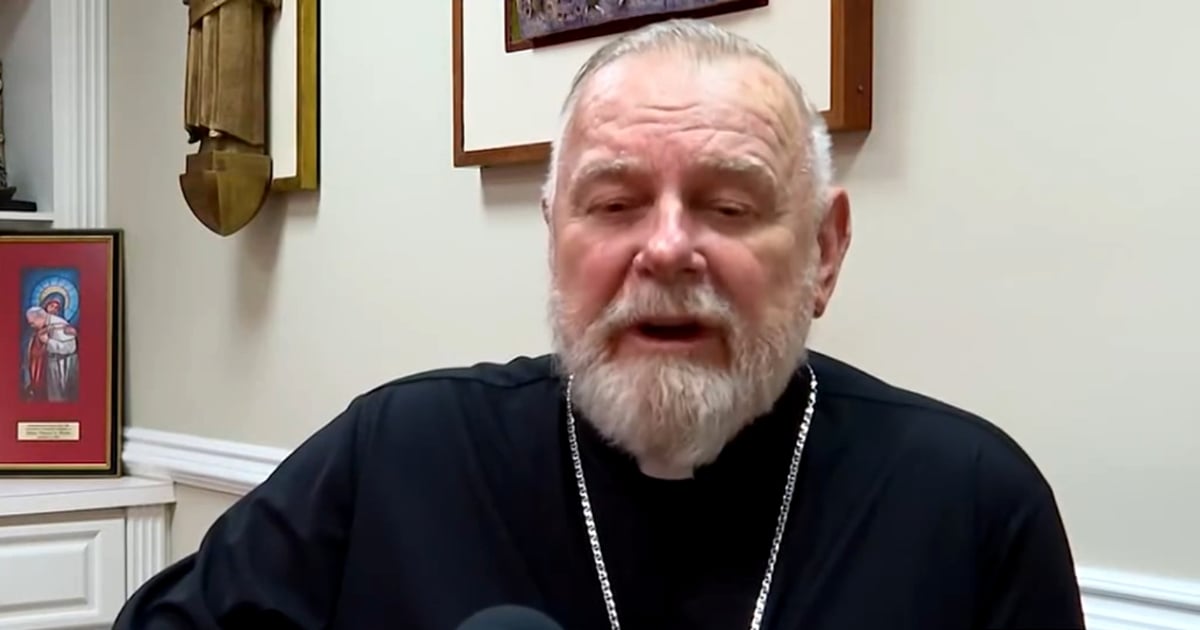
Related videos:
The Archbishop of Miami, Thomas Wenski, expressed his satisfaction with the release of 553 political prisoners in Cuba, announced on the same day that the Biden administration communicated its decision to remove the island from the list of state sponsors of terrorism.
According to Wenski's comments to journalist Mario Vallejo from Univisión, “many of them were imprisoned following the protests in July 2021. It is very important for those individuals to regain their freedom.”
The news of the release was confirmed by both the Cuban regime and the Catholic Church, which has been involved in the negotiations to achieve this outcome.
In this regard, the archbishop emphasized the role of the Church as an independent institution within Cuba, committed to defending civil society in a restrictive political context.
Although the State Department stated that Cuba's removal from the list of state sponsors of terrorism is not directly tied to the release of prisoners, the fact that both announcements were made simultaneously has sparked speculation.
In this regard, Wenski stated: "Removing a label does not change what Cuba is, but it is an important gesture if it contributes to the release of prisoners."
Despite the significance of this development, the complete list of the prisoners released remains a secret. The families of the detainees are anxiously awaiting more information regarding the conditions of this measure, while questions arise about whether some of the released individuals will be forced to leave the country, as happened in previous episodes.
The release from prison accounts for nearly 20% of the total political prisoners on the island, according to independent estimates. This gesture could mark a turning point in the relationship between the Cuban regime, the Catholic Church, and the international community, although questions remain about the implications of these decisions for Cuba's political future and the living conditions of Cubans.
This action, which is highly politically sensitive, could have significant repercussions on the international perception of the Cuban government and on the dynamics of its relationship with the United States.
Filed under: